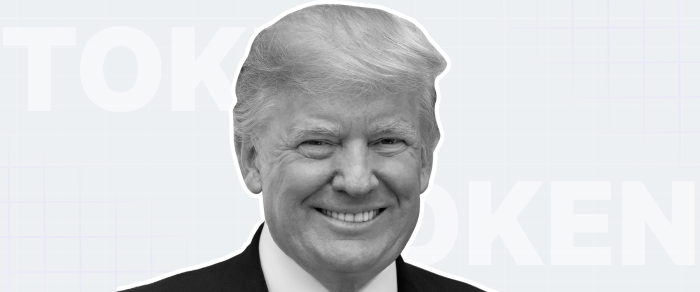A Bitcoin ETF Could Be On the Horizon. What Does It Mean for the Token?
The struggle to establish a Bitcoin exchange-traded fund has been sporadic, but its approval may be unavoidable. That would be a massive boost for the token market.
Even though it has denied every application thus far, the Securities and Exchange Commission will eventually authorize a Bitcoin ETF to protect its interests, according to TD Cowen policy analyst Jaret Seiberg in a research note published on Monday.
According to Seiberg, permission is getting closer as the sector answers the SEC’s concerns and the SEC seeks to consolidate its control over crypto.
The SEC did not respond. A spot Bitcoin ETF would be beneficial to the token market. Financial advisers could hold Bitcoin through a regular finance business with which they are already familiar rather than needing to register separate accounts with a crypto brokerage. An ETF conveys to institutional investors that Bitcoin will be there for a long time, increasing the likelihood that they will allocate funds to it.
The SEC has recently received a new batch of applications for such a product. In mid-June, BlackRock (BLK) applied to start a fund. The proposal stated that Nasdaq and a cryptocurrency trading platform — later revealed as Coinbase (COIN) — had reached a surveillance agreement, eliminating one of the SEC’s primary justifications for rejecting previous efforts. BlackRock’s entry was quickly followed by Invesco (IVZ), WisdomTree (WT), Fidelity, and other corporations, many of whom had previously sought and been denied.
Bitcoin skyrocketed following BlackRock’s filing. Investors believe the business has a very excellent chance of approval, considering that only one ETF was refused in 576 applications.
According to Seiberg, the SEC may now authorize the creation of a Bitcoin ETF for political reasons. SEC Chair Gary Gensler may be ready to authorize a product to demonstrate to Congress that he is not generally opposed to digital assets. Still, he is concerned about many crypto businesses’ investor protection measures. Bringing ETFs to market would also make it more difficult for Congress to remove Gensler’s power over the sector, according to Seiberg.
“Gensler may want to cement his authority over what could be a robust Bitcoin ETF sector,” Seiberg said.
An ETF might take months to get authorized. One of the earliest deadlines for the SEC to reply to the most current round of applications is in August. However, the agency has the authority to extend that deadline until December. Some proposals, including BlackRock’s, only require a final decision in March next year.
Separately, the regulator is battling an attempt by the Grayscale Bitcoin Trust (GBTC) to convert to an ETF in court, with a judgment due this autumn. Even if Grayscale prevails, the government may reject the application for other reasons.
However, whether it takes weeks or months, some experts believe the approval of a spot Bitcoin ETF is becoming more likely.



